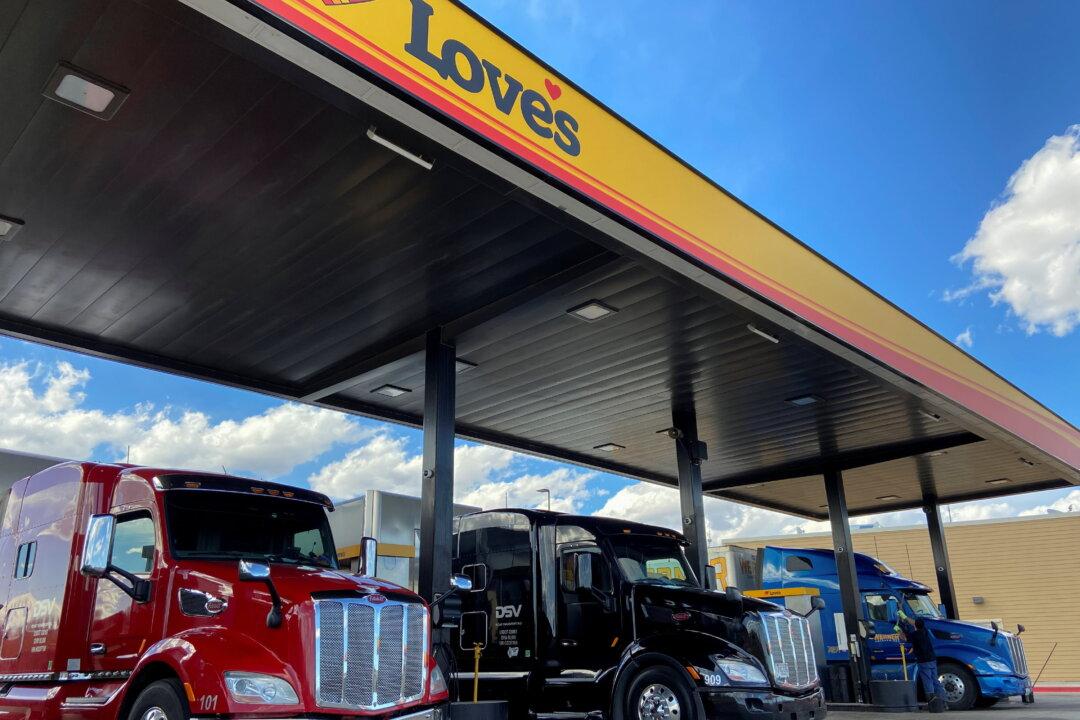An energy supplier based in New York state warned that diesel distillates such as heating oil or jet fuel are at their lowest levels in more than a decade, saying that the Northeast United States could face shortages this winter.
“Our suppliers are really saying it’s a fine tightrope that if we have a drastically cold winter, [it] could be trouble,” Mike Taylor of Combined Energy Services told Fox News’ “Tucker Carlson Tonight” on Thursday.





